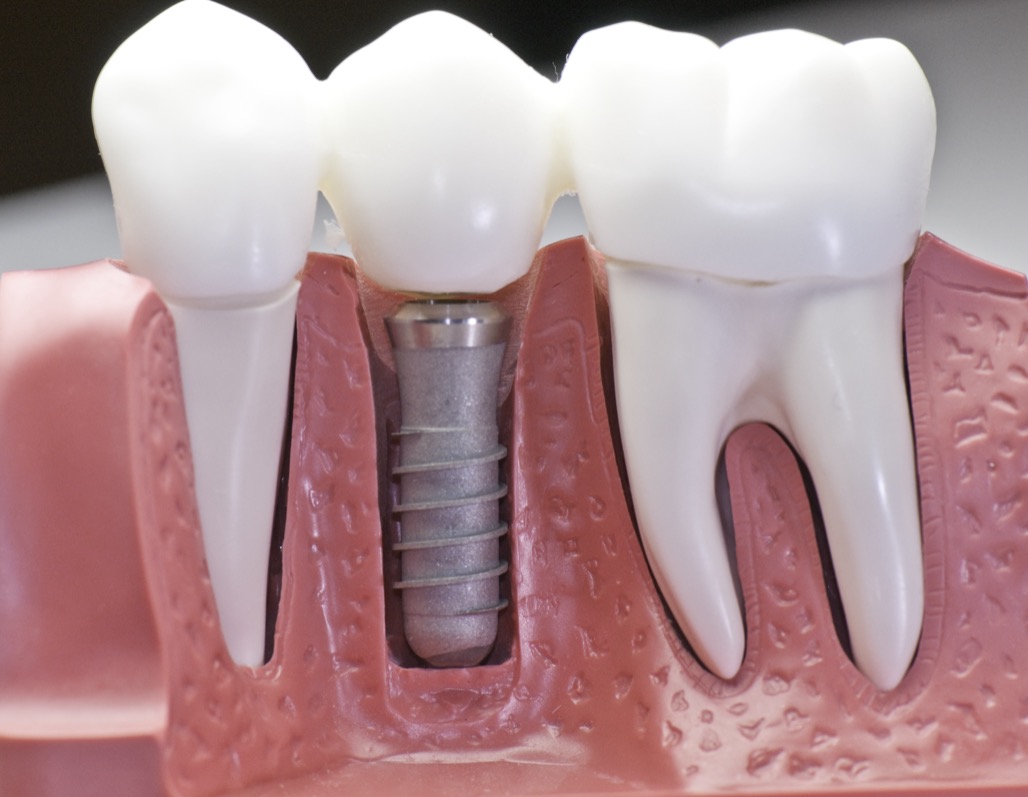
Teeth Implants FAQ in Brockport
Teeth Implants FAQ What are Teeth Implants? A Teeth implant commonly known as a dental implant is a prosthesis used to replace missing teeth. Technically, it is a small titanium post/fixture that is inserted into the jawbone, and later on, an artificial crown is placed on top to complete the structure of a tooth. Who …
Read More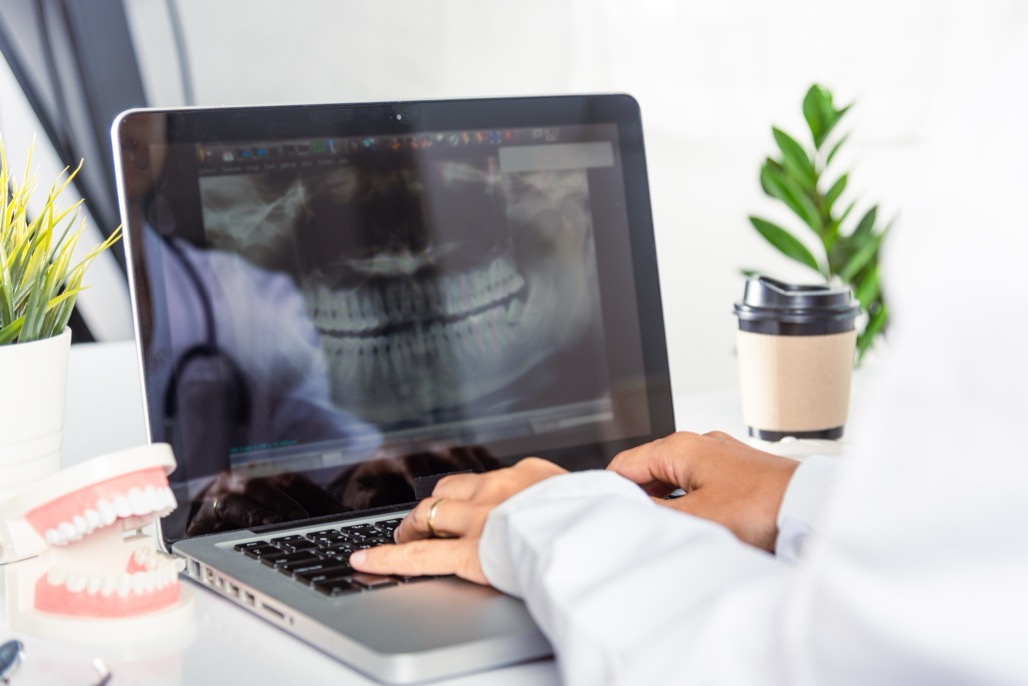
Dental Implant Specialist in Brockport
Dental Implant Specialist Dental implants are artificial teeth that replace your missing teeth. The implant procedure involves a surgery that is moderately invasive, and not all dentists are able to perform it. If you are looking for a dental implant specialist, this page helps you find the right one. What kind of dentist performs a …
Read More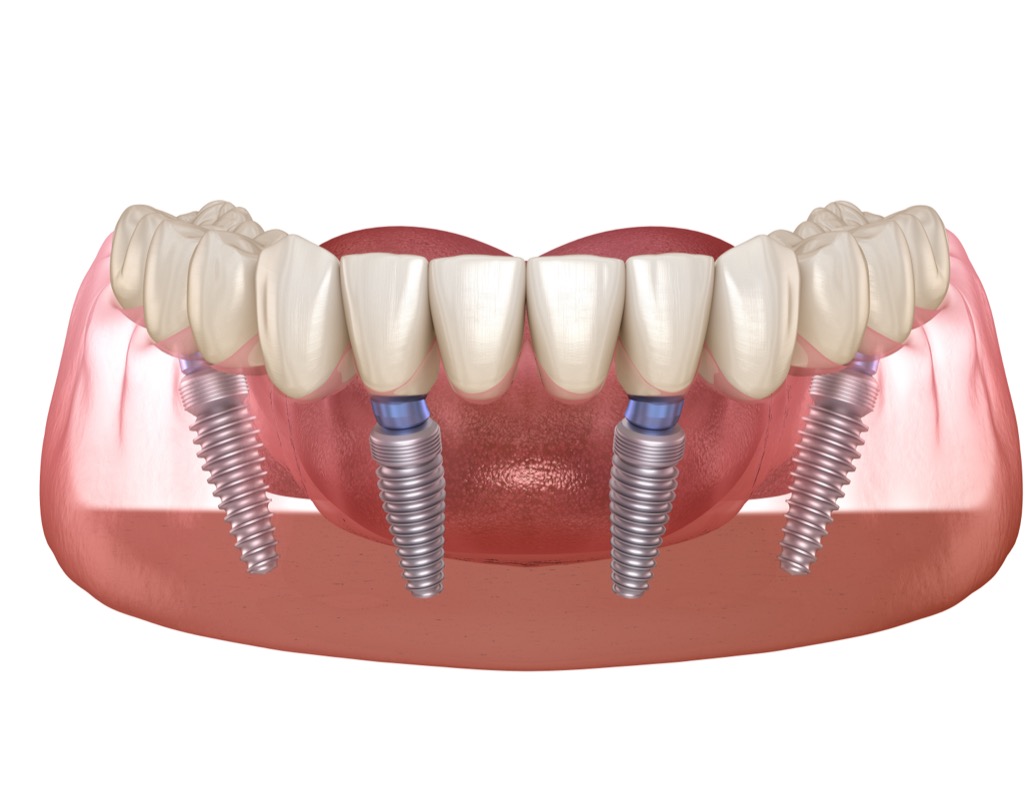
Dental Implants Near Me in Brockport
Dental Implants Near Me Did you recently lose a tooth? Dental implants can help you restore your beautiful smile. What is a Dental Implant? A dental implant is an artificial tooth root that is inserted into your jawbone to take the place of a lost tooth root. The dental implant then supports a dental prosthesis …
Read More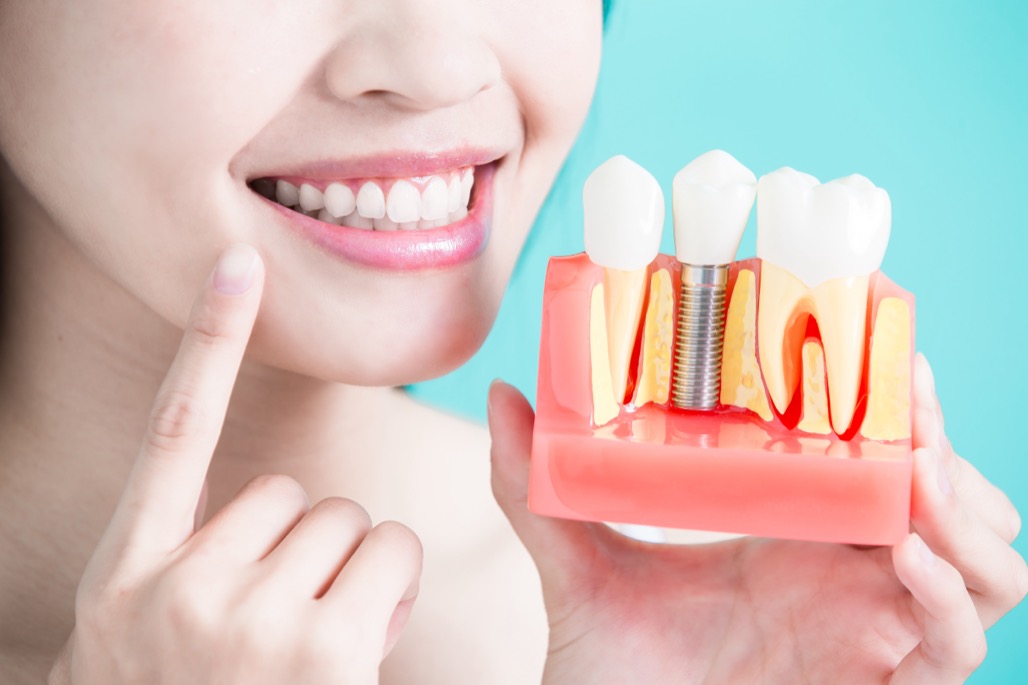
Dental Implants in Brockport
Dental Implants Simply put, a dental implant is an artificial tooth root. A dental implant takes the place of an extracted tooth root. The root is surgically placed to hold an artificial tooth such as a crown or bridge. Most dental implants are made of titanium, a few are ceramic. Titanium and ceramic are safe …
Read More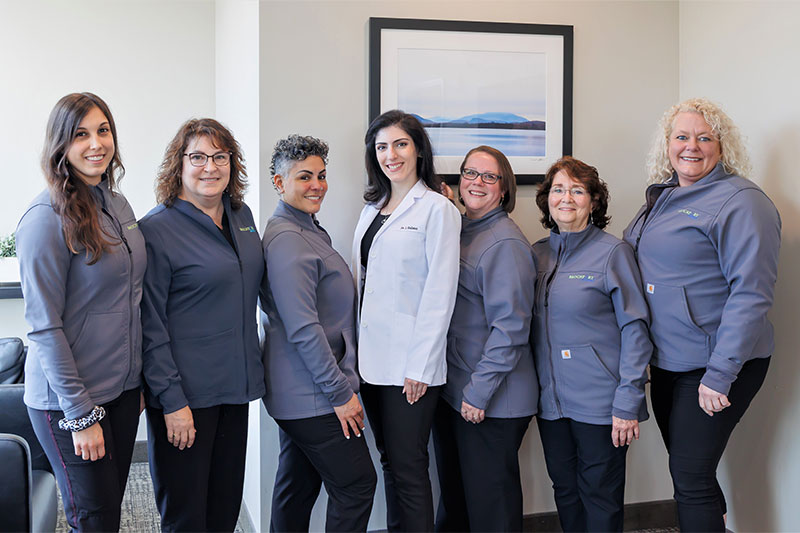
Welcome to Your Dentist in Brockport
Your Trusted Dentist in Brockport Welcome to our office, where we are avid fans of teeth (and gums, etcetera). We also seem to be addicted to making people smile. Generally, the result is excellent dental care that we take pride in. Our mission is to deliver the highest quality of general and specialty dentistry, and …
Read More